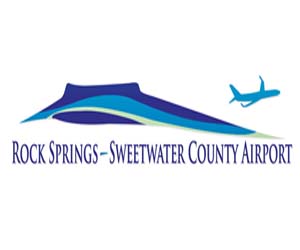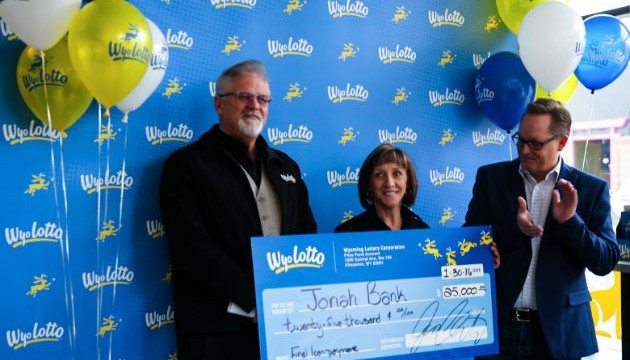
The Wyoming Lottery Corporation has paid off its $2.6 million startup loan and announced its first revenue transfer of $1 million to the state coffers will take place in April.
“We are officially debt free,” announced Jon Clontz, CEO of the Wyoming Lottery Corporation at a small celebration held at the lottery headquarters in downtown Cheyenne, according to a release.
“Our $2.6 million loan allowed the lottery to start up the corporation. With ticket sales through Wyoming’s own game and other draw games, we were able to start developing a new state revenue stream for cities, towns, counties, and education as soon as that loan was paid off,” Clontz said. “Doing this all without state funding in less than a year and half of ticket sales is quite an accomplishment, especially taking into account the state’s small population and that we were only authorized to sell draw games.”
Clontz explained that the loan payoff and the April revenue transfer happened faster than originally expected due to increased ticket sales for the recent $1.6 billion PowerballⓇ jackpot and last year’s launch of the popular Cowboy DrawTM game, which offers better odds and more winners.
“Growing the lottery’s player base and adding new games are crucial to the lottery’s ability to transfer more revenue to the state,” Clontz said. “If we don’t see more growth, then the next revenue transfer will be much lower.”
In order to grow revenue, the lottery will continue to research new draw game options allowed under state statute. “We will present that research to our board with the hopes of adding, at least, one new draw game by the fall of 2016,” Clontz added.
In the meantime, the lottery will turn over its first revenue transfer of at least $1 million to the Wyoming Treasurer’s Office, which will be distributed to the 99 cities and towns and 23 counties, according to the formula in the state statute. Additional payments will then follow once every quarter, up to a maximum of $6 million per year. Any revenues exceeding that will then go to the Wyoming Permanent Land Fund’s Common School Account.


